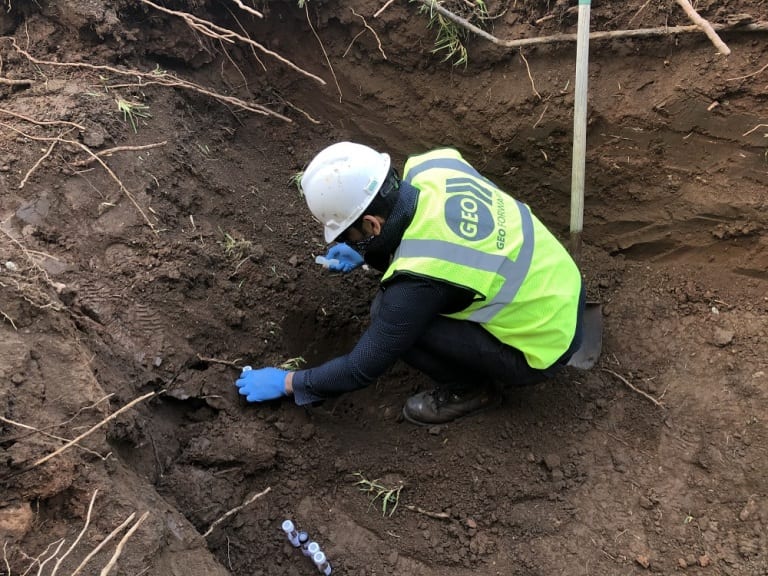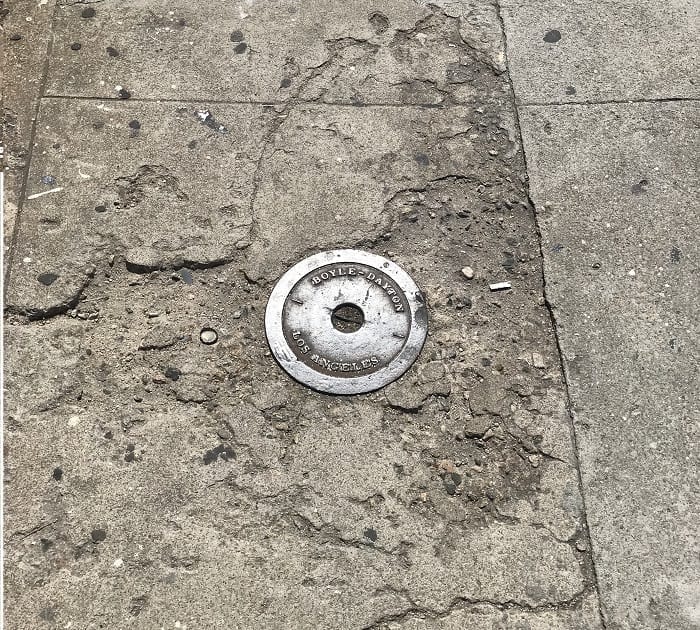Disposing of Hazardous Waste & Household Waste
It is common knowledge that certain items, like batteries, for example, should not be disposed of in the trash for general waste pick-up. And depending on where you live, it might be illegal to dispose of such items in this way. Fortunately, no matter where you live, every community has options for the legal and responsible disposal of hazardous waste. In fact, many areas have made it as easy as possible, with collection events and 24-hour drop-off centers. And, as our awareness of environmental and human health problems grows, so does the need for citizens to dispose of hazardous waste responsibly. Fortunately, there are many resources available, and this guide can help anyone who is trying to dispose of hazardous waste. Updated April, 11, 2024.
How to Properly Dispose of Hazardous Household Waste (HHW)
Hazardous Household Waste (HHW) can be any leftover or unwanted material that presents a danger to people, animals, and the environment if handled improperly. This includes waste that is flammable, combustible, toxic, caustic, poisonous, or otherwise hazardous. Some common examples of hazardous waste include automotive products and fuels such as antifreeze and gasoline; chemical cleaning agents such as metal polish and oven cleaner; paint-related products such as strippers, thinners, and varnish; yard and garden products like poisons and pesticides, and electronics-related items such as batteries and fluorescent light bulbs.
Also considered HHW is unwanted prescription medications and needles. HHW items should be taken to a permanent drop-off center or a collection event. More specific information about the time and place to drop off HHW can be found on your county’s Public Works website, and also on your state’s Environmental Protection Agency website. Other items may be found around the house, that can be classified as hazardous waste, but there are specific categories of waste items that sometimes have special guidelines, as outlined below.
Electronic Waste
Because many common electronic products contain copper, lead, or other heavy metals, the term “e-waste” applies when such items are disposed of. E-waste should not be treated like regular trash that ends up in a landfill. This is not only because the components in these devices can be harmful to the environment and contaminate the soil and groundwater, but also because these items are easily reused and recycled. The first option for getting rid of electronics that are still functioning is to donate them to any center that accepts donated goods. If the e-waste is no longer of any value as a working device, then it may be recycled. However, a special recycling process is necessary that begins with a fee assessed at the time of purchase.
California has enacted the most progressive legislation in the United States when it comes to funding electronics recycling programs. The Electronic Waste Recycling Fee program requires retailers to charge consumers a surcharge when certain electronics are purchased. The vendor then turns the collected funds over to the California Department of Tax and Fee Administration (CDTFA) where is it disbursed in a way that helps to pay for the safe recycling of hazardous e-waste. Many local collection options usually are the same types of locations and events where HHW is collected.
Used Motor Oil
There are multiple options for disposing of used motor oil that has been drained from a vehicle but not contaminated by mixing with any other liquids. While it can be taken to a permanent hazardous waste collection facility, the hours of operation of these centers are often limited. Fortunately, used motor oil can also be taken to a county maintenance yard for disposal. These facilities are open 6 to 7 days a week, sometimes even 24 hours a day, but note that these locations only accept only motor oil and used oil filters, and may fine citizens for dropping off any other types of HHW.
Motor oil that is not contaminated can also be recycled at any one of the privately-owned collection centers such as car dealerships and auto parts stores that are certified for oil recycling. These oil recycling centers may even pay for the used oil on a per-gallon basis. The California Department of Resources Recycling and Recovery (CalRecycle) provides a list of certified centers for used oil collection and recycling.

Business Hazardous Waste
It is important to note that businesses have different requirements than households and individuals when it comes to disposing of hazardous waste. Most HHW permanent collection facilities are not able to accept the volume of hazardous waste produced by even small businesses. For that reason, the number of options available to businesses in Los Angeles County, for example, is limited to four centers that are each open one day per month. They will accept businesses’ hazardous waste by appointment only on that day. For businesses generating e-waste, most counties have resources available such as Los Angeles County’s Smart Business Recycling. And, private waste collection companies are making it easier than ever for businesses to properly dispose of fluorescent bulbs, batteries, computers, and more.
For example, Waste Management Recycle By Mail will even send a recycling kit so that businesses can simply fill a container and ship it out. There are also locations specifically for businesses like painting contractors that may have large amounts of excess paint to recycle. For this purpose, many states are taking advantage of the Paintcare Program to help people dispose of their excess latex paint, oil-based paint, and spray paint. While Paintcare locations accept large volumes from businesses, and will even schedule a pick-up, individuals with small quantities may simply find it more convenient to bring their old paint to a local paint shop. Locations are listed on the Paintcare Drop-Off Location Locator.

Medical Waste
The only types of medical-related HHW that are accepted at collection facilities are medications, including over-the-counter (OTC) and prescription drugs, and so-called “sharps” which comprise items like hypodermic needles, lancets, epi-pens, and any other object used to puncture the skin. True medical waste items such as by-products from hospitals and doctors’ offices, including bodily fluids and other biohazards, are never accepted at general HHW drop-off locations. And, sharps have specific requirements for safe handling that must be met. The main stipulation is that sharps must be properly contained, stored, and transported in a puncture-proof container. Biohazard boxes can be purchased, and these containers are red and clearly labeled for ease of identification. The sharps will only be accepted if they are in a biohazard container or other approved container and will never be collected for disposal if they are loose or in any other type of unapproved container.
Reducing Household Hazardous Waste and Disposal Costs
One way to reduce the need for disposal solutions is to reduce the amount of HHW produced in a household. This can be accomplished by reducing any HHW product with something reusable or non-toxic. For example, traditional alkaline batteries can be replaced with rechargeable batteries. Fluorescent bulbs are now commonly replaced by LEDs that contain no hazardous chemicals. And harsh cleaning chemicals can be switched out for plant-based products or more natural cleaning products. Another good reason to reduce HHW is that collection facilities typically limit the amount that will be accepted at one time. In fact, it is illegal in California to transport more than 15 gallons or 125 pounds of HHW in a single trip to a collection site. So, by reducing the need for HHW, the amount that must be transported will be naturally reduced. And any smaller quantities can be easily dropped off and disposed of at the locations made available by private and public entities!

Sources:
DTSC






